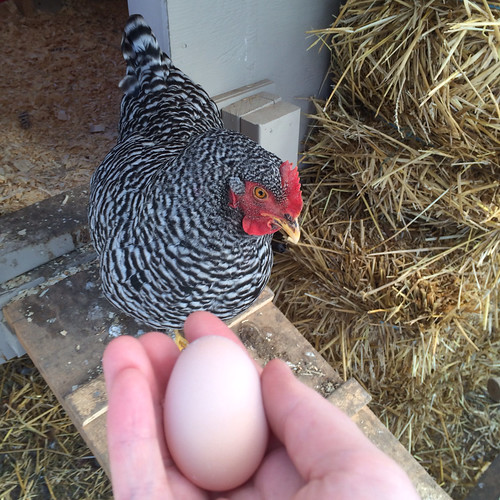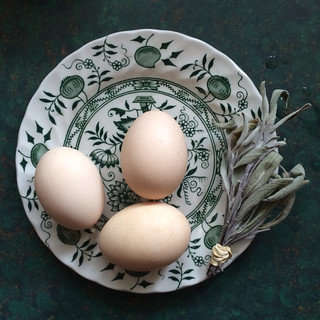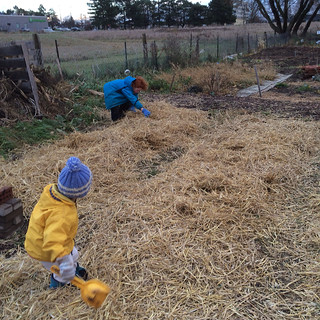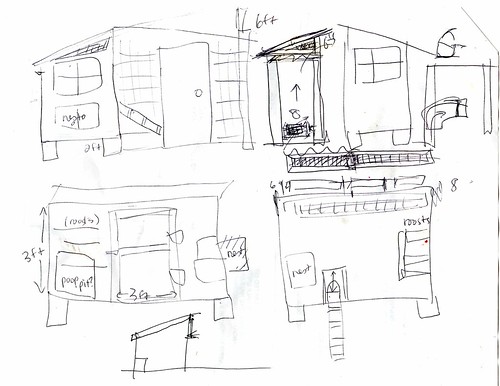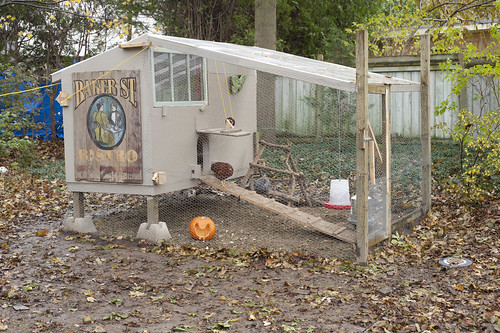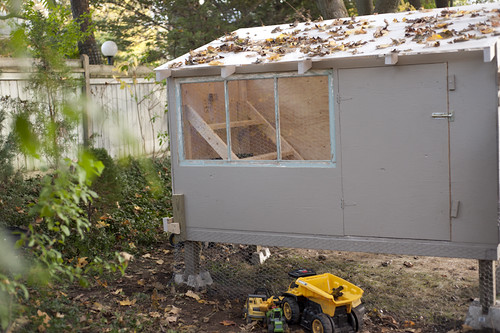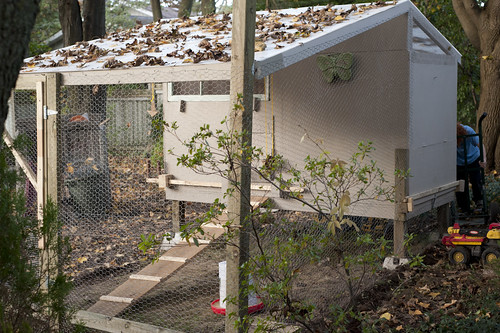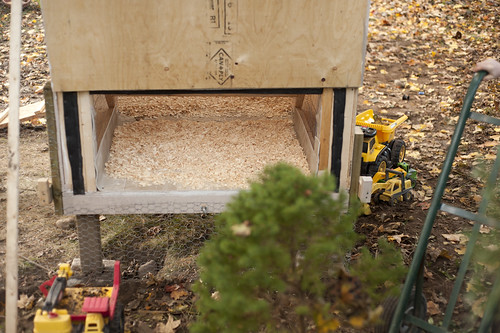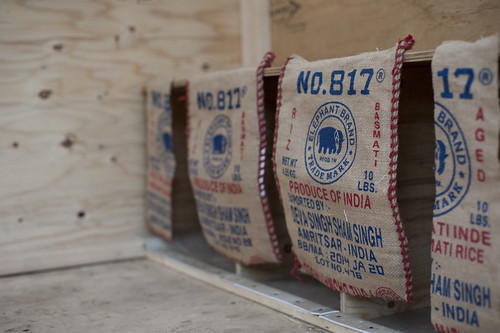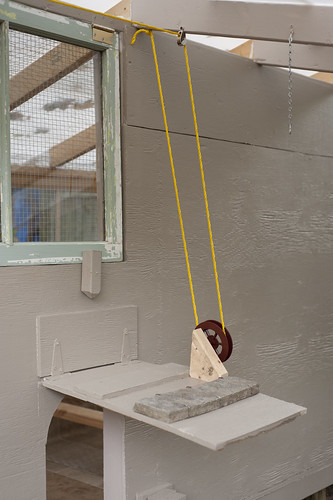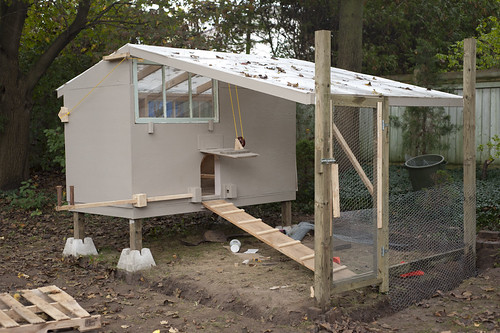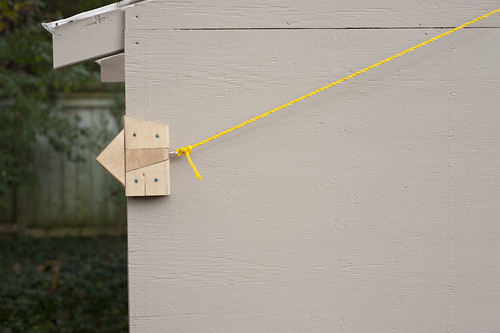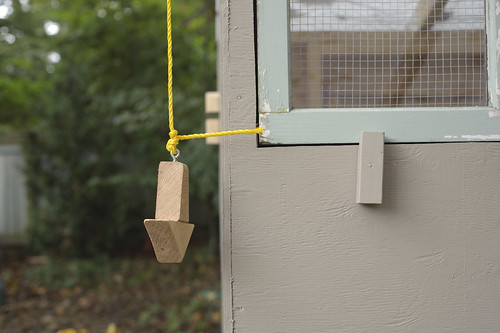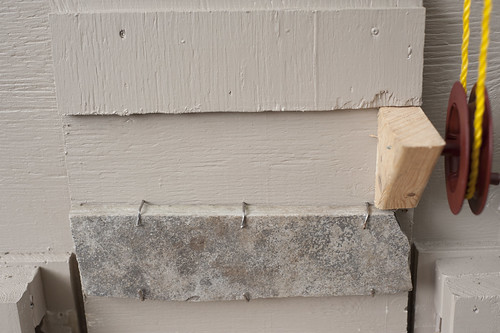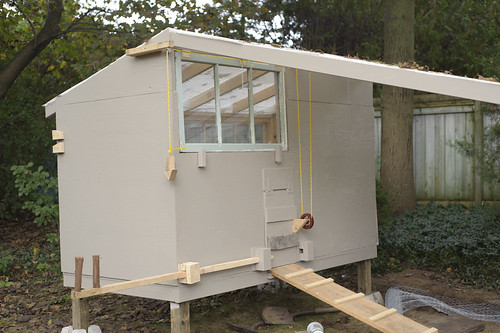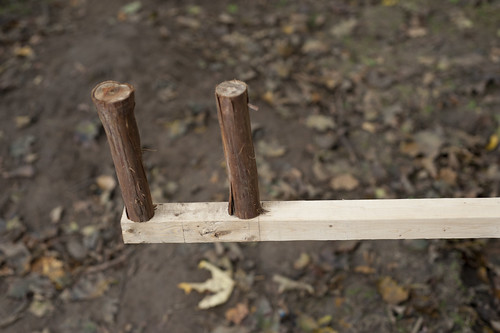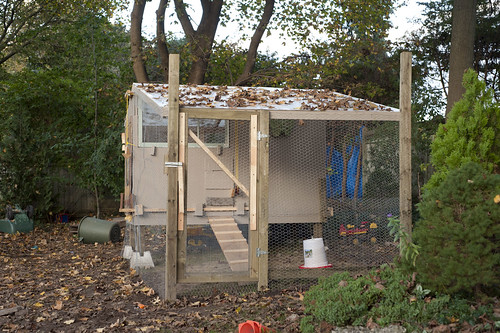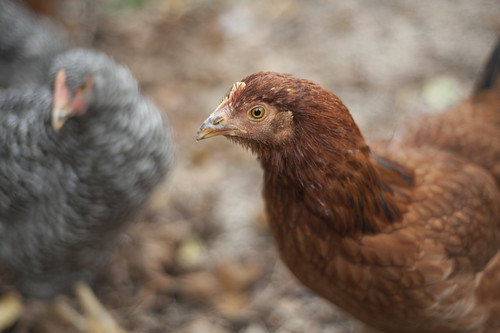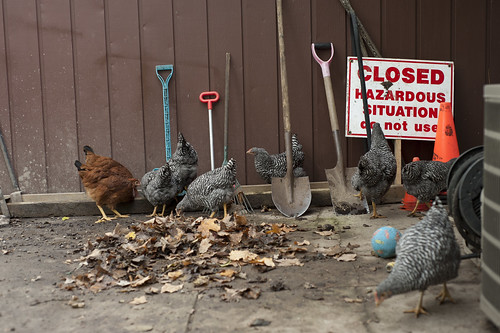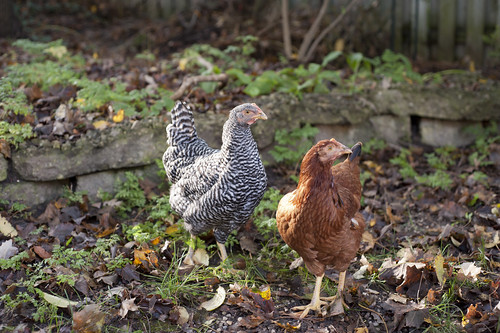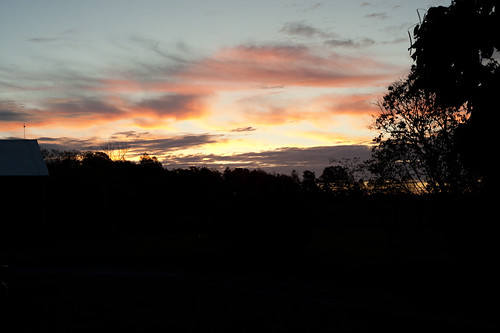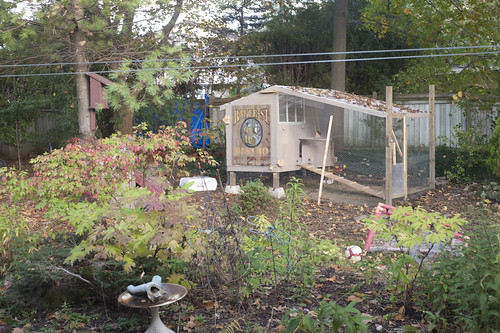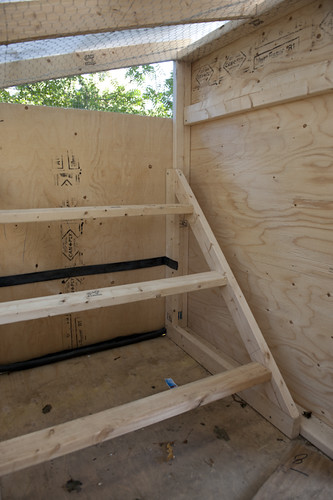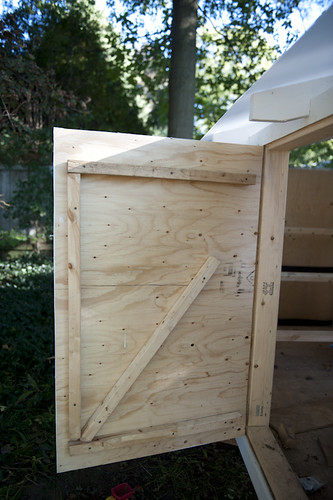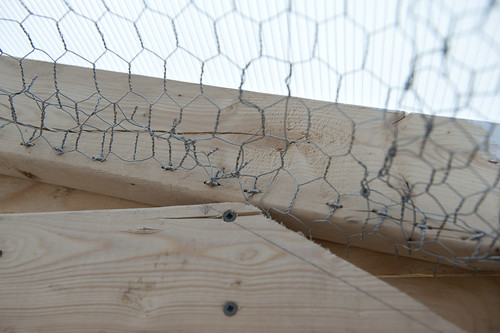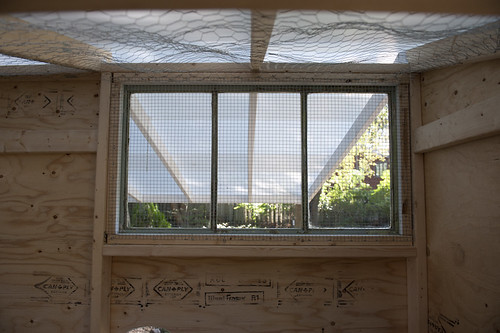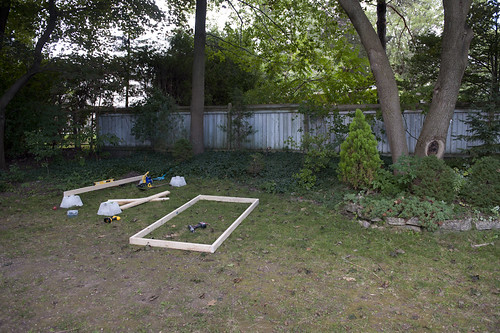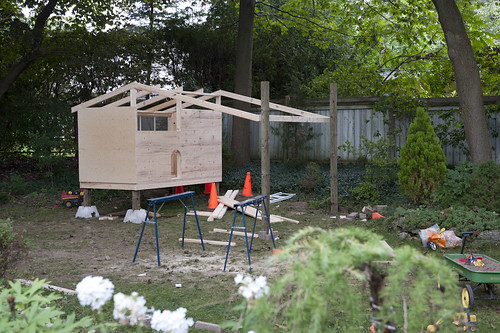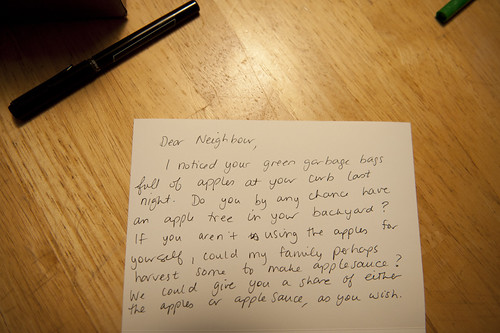I thoroughly enjoyed the book. I even found it a bit mind-bending, which is surprising, since in many ways he's preaching to the converted. We've already pulled Eldest from school and are pursuing an unschooling life for our family. But one keen insight I had while reading the book is that while my definition and use of the word 'work' has expanded far beyond the notion of paid work, I still use it as a way to show value. I have described Eldest's activities, more than once, as his work, to show that I place value on it and take it seriously as an endeavour of his. I still see 'play' as something that is optional and not particularly valuable. In Free to Learn, Gray shows that play is truly essential to children's development.
He looks at how our expectations of children and approaches to parenting reflect the wider culture. His main tenet is that our bodies and brains evolved in a hunter-gather context and so we can learn about child development from hunter-gatherer cultures, where children are given a lot of freedom to play with other children, handle dangerous tools to learn how to use them and to observe adults.
Given my interest in agriculture, I found this passage more than a little chilling:
"Agriculture offered many improvements to people's lives. It provided a steadier food supply and thereby reduced, at least initially, the threat of starvation. It eliminated the need to keep moving in search of food and allowed people to settle down and build sturdy houses to protect themselves from predators and storms. But agriculture also came with a big price tag, which could not have been foreseen by those who took the first, irreversible steps away from hunting and gathering. It altered the conditions of human life in ways that led to the decline of freedom, equality, sharing, and play. When we bit the apple of agriculture, as it were, we left the Garden of Eden and entered a world in which we had to do the gardening ourselves, in which toil, not play, was king.
"The hunter-gatherer way of life was knowledge-intensive and skill-intensive, but not labor-intensive. "He opens the book with some startling figures on the mental health of young people today. He shows how on a number of scales, young people's stress, anxiety and depression have skyrocketed over the last fifty-plus years. About "85 percent of young people today have scores [for anxiety and depression] than the average for the same age group in the 1950's. Looked at in another way, five to eight times as many young people today have scores above the cutoff for likely diagnosis of a clinically significant anxiety disorder or major depression than fifty or more years ago." Since 1950, the US suicide rate for children under age fifteen has quadrupled, and that for people age fifty to twenty-four has more than doubled. Gray correlates the rising anxiety, depression and suicide in young people to the reduction of independence and free play, and the rising pressures of school work.
I have been pondering why adolescence is so painful. I don't believe that it is inevitable; I believe some people have come through adolescence without pain, although I don't personally know any of them. I suspect that it has to do with the fact that teenagers generally don't get to be part of the adult world until their twenties. I had absolutely know idea what the professional adult working world was like until I started working as a temp. Teenagers don't get much real responsibility; they don't get to contribute in any real way. After reading Gray's book, I'm even more convinced that a lot of adolescent pain is related to age segregation in schools and the segregation of children from adults. Of course, I have no way of proving or disproving my theory. But I have to hope that there is some way for my kids to come through their adolescence unscathed.
My favourite part of Gray's book had to be his descriptions of the Sudbury Valley School, which I'd heard of but not in any detail. Not only are its students free to spend their time however they choose while at school, they can explore the campus and even go off-campus whenever they want. And all students have a vote in the hiring and firing of the adult staff members, who are not referred to as teachers, since their roles are more responsive and supportive than the average teacher. Truth be told, I think this would be a better environment for Eldest than the way we're currently homeschooling. But the nearest democratic school is in Toronto, one of the most expensive places to live in Canada, so it doesn't feel very possible. That said, I'm committed to finding ways for Eldest to get more free play time with other children and to relax our hovering.
